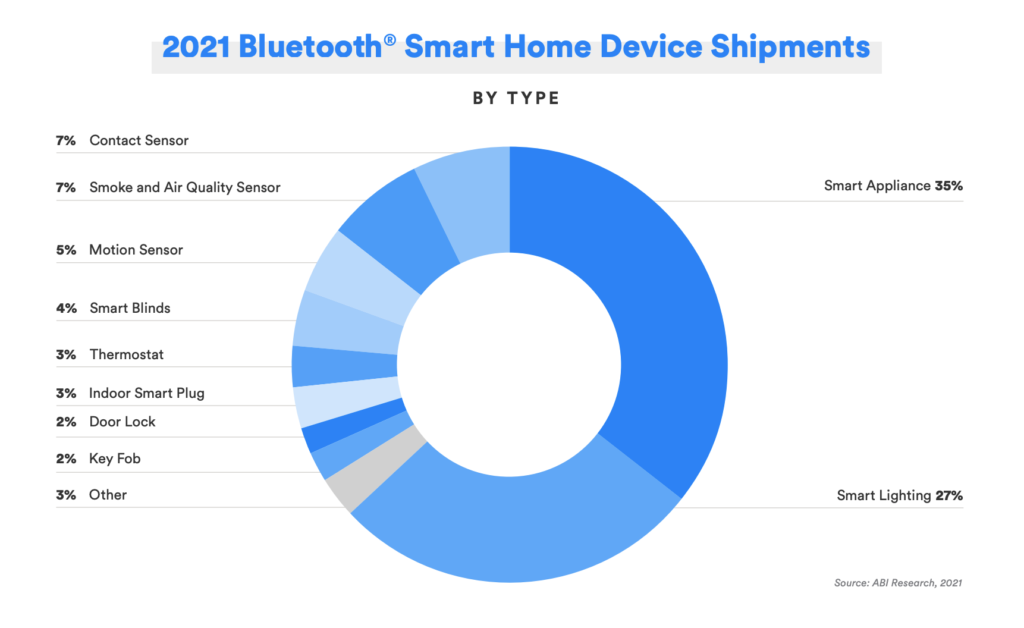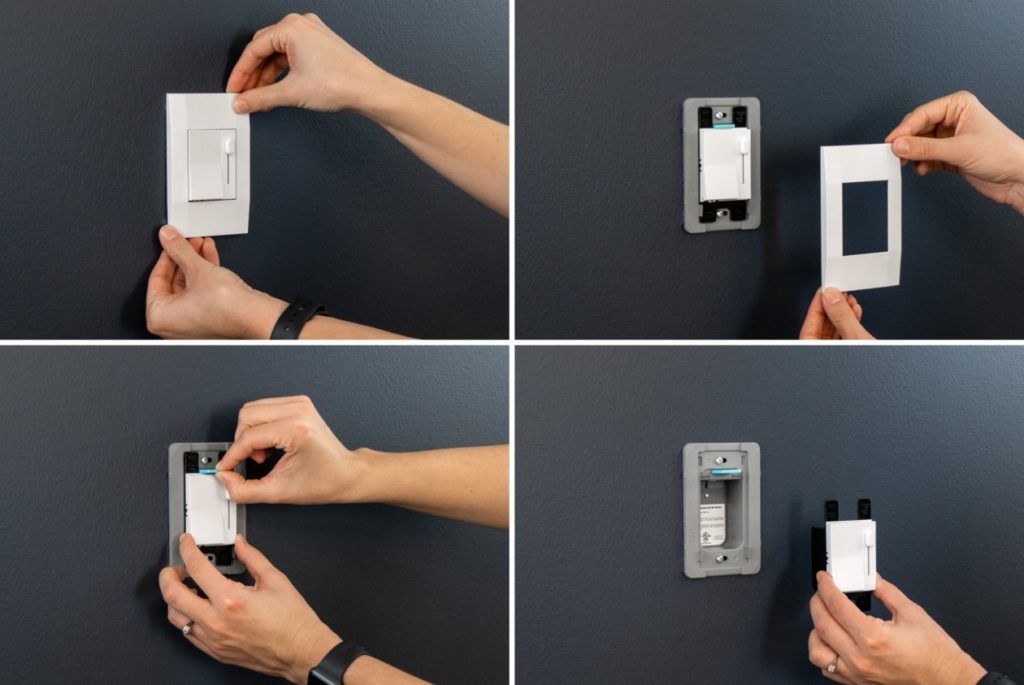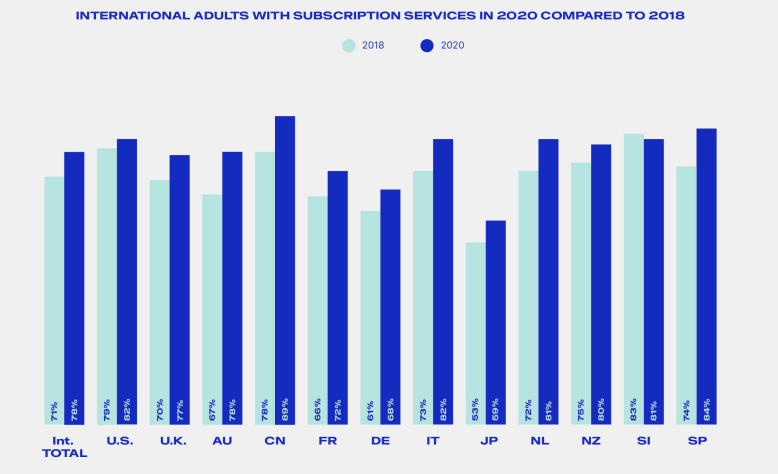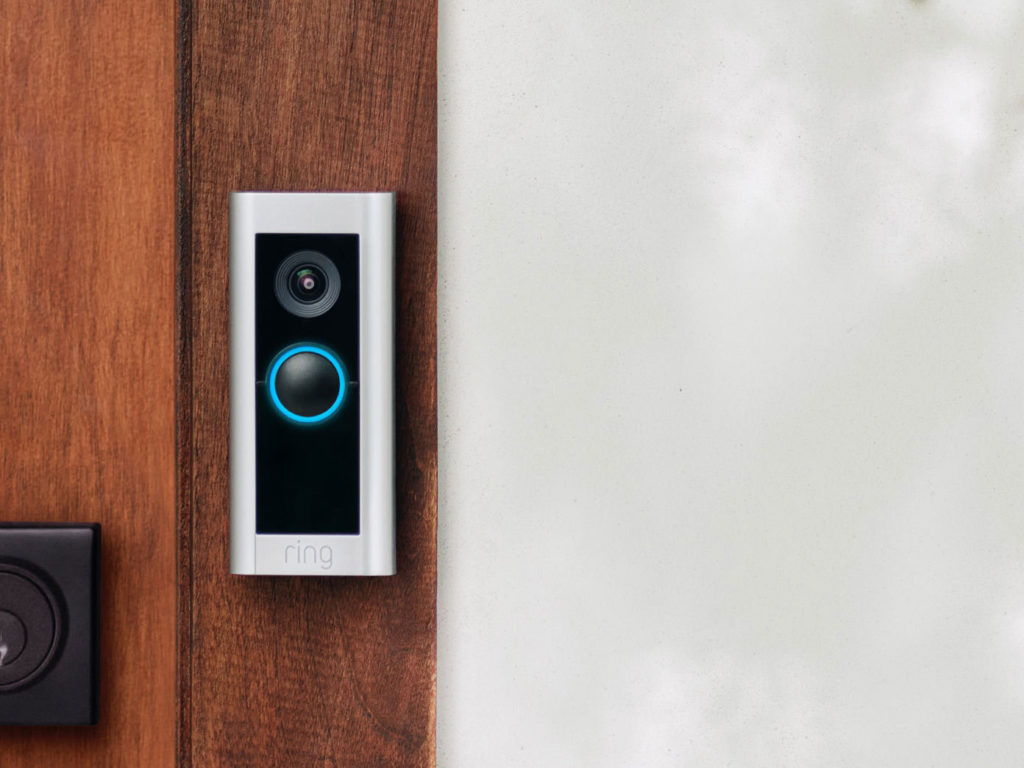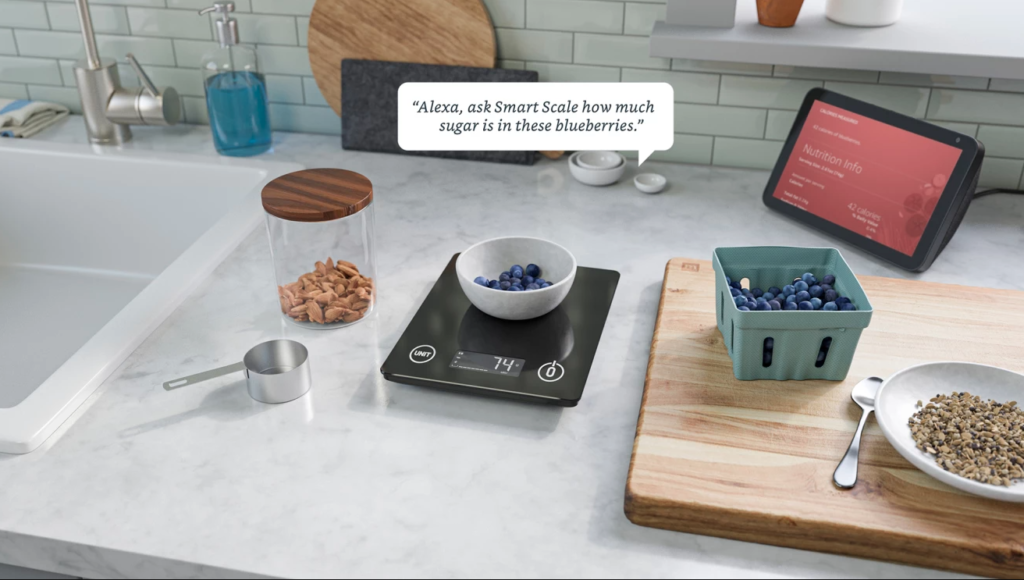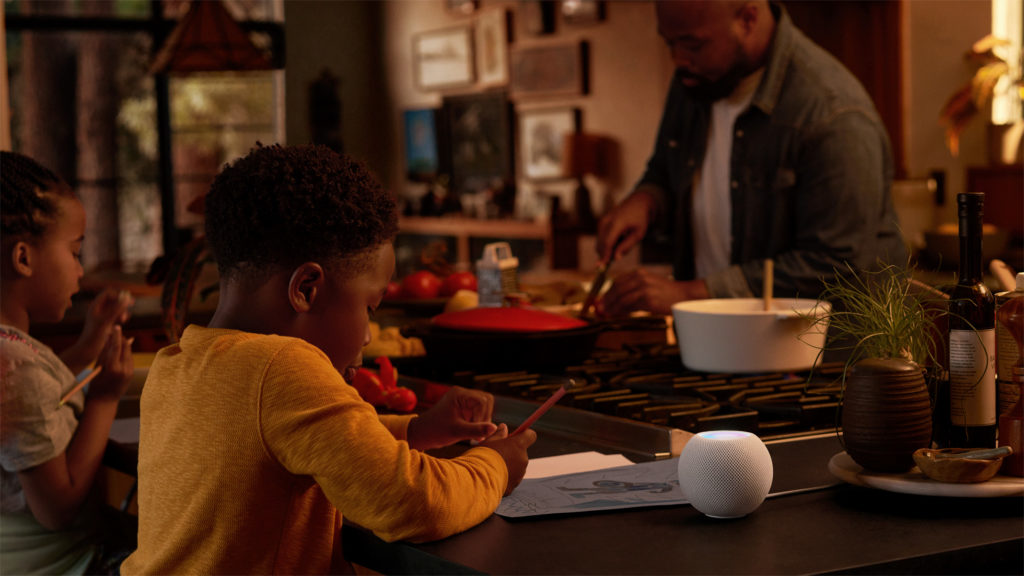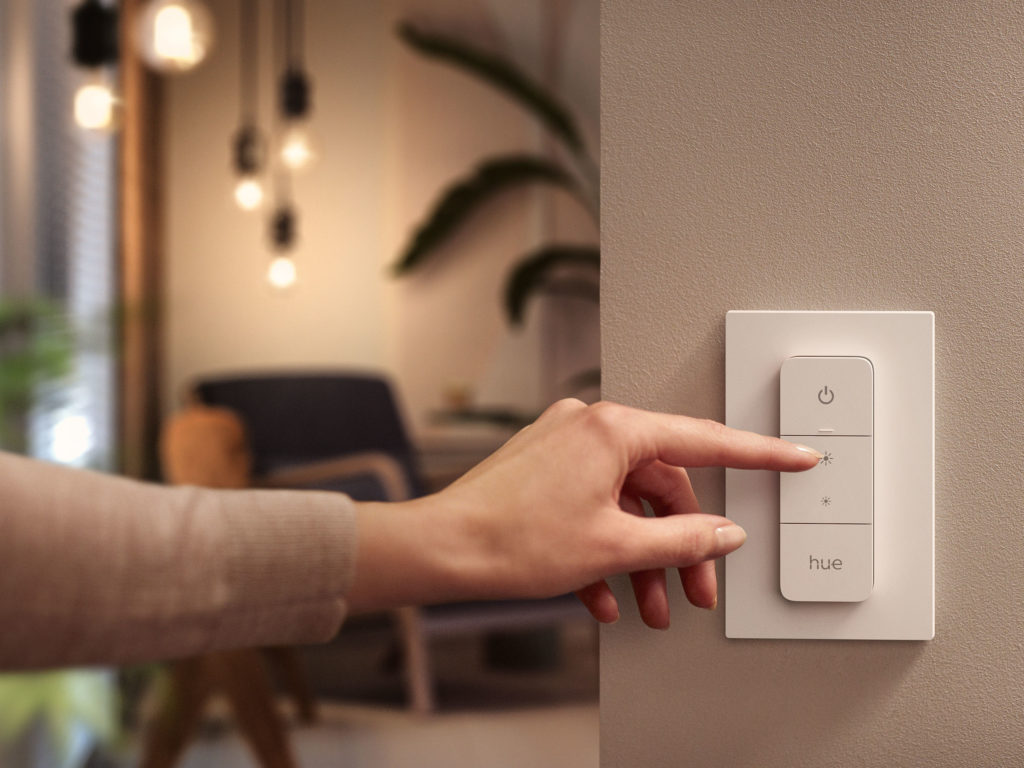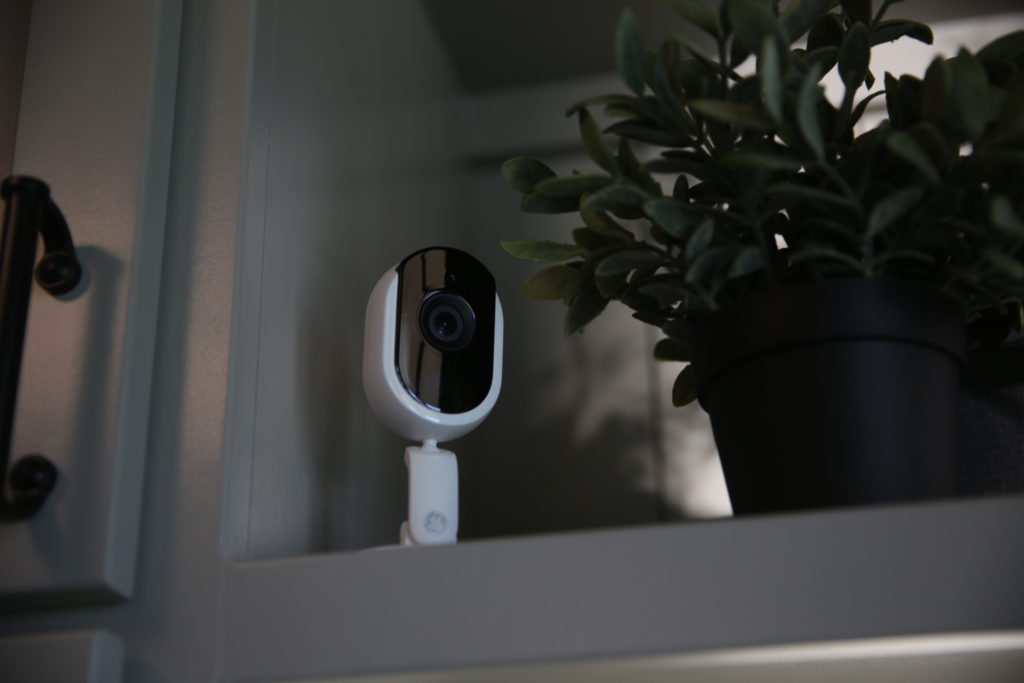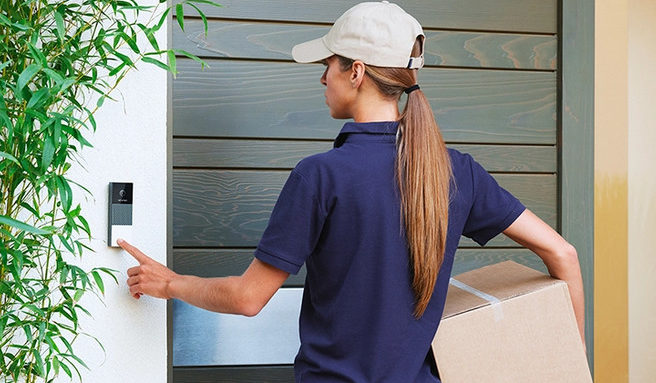This week Kevin is back and we start the show talking about the Xupermask from Will.i.am and Honeywell. Ring is adding radar to a floodlight camera and we’re pumped for that, while MIT researchers are using RF to help give robots X-ray vision. Apple is formally launching a certification program for developers who want to build for its Find My service, Verizon is expanding its edge computing partnership with Amazon Web Services, and we also talk about the end of 3G. More water plant hacks, Amazon Alexa adding a skills platform for businesses, new Ikea speakers, and tweaks to Google’s Home app round out the news segment of the show. Kevin also shares his review of the Wyze Watch. Finally, we answer a listener question about if and how platforms such as Home Assistant or OpenHAB can handle deprecated APIs for smart home devices.
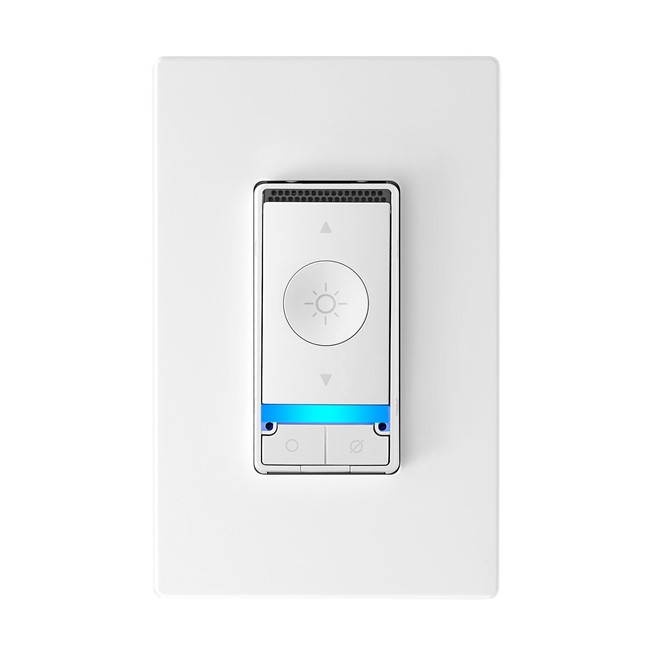
Our guest this week is Jennifer Ploskina, connected solutions segment manager with Eaton. Eaton makes electrical equipment for utilities, industry, and homes. We talk about how demand for electricity will force utilities, homeowners and building owners to invest in a smarter grid. She argues that we will eventually have energy generation capabilities that will help offset demand from the grid, and may one day even provide additional revenue streams for homes or offices. And she explains how we’ll get to the place where homes have batteries, solar and other features that will turn them into little power stations. We also discuss standards, Alexa, and the potential for Project Connected Home over IP. Enjoy the show.
Hosts: Stacey Higginbotham and Kevin Tofel
Guest: Jennifer Ploskina with Eaton
Sponsors: Digicert and Qt
- The Will.i.am mask is not totally ridiculous
- Apple expands its proprietary ecosystem to asset finding
- Some “hackers” are employees and companies need to deal with that
- What happens when your home or office has a mini power grid?
- Turn your EV battery into a revenue stream
Podcast: Play in new window | Download | Embed
Subscribe: RSS

